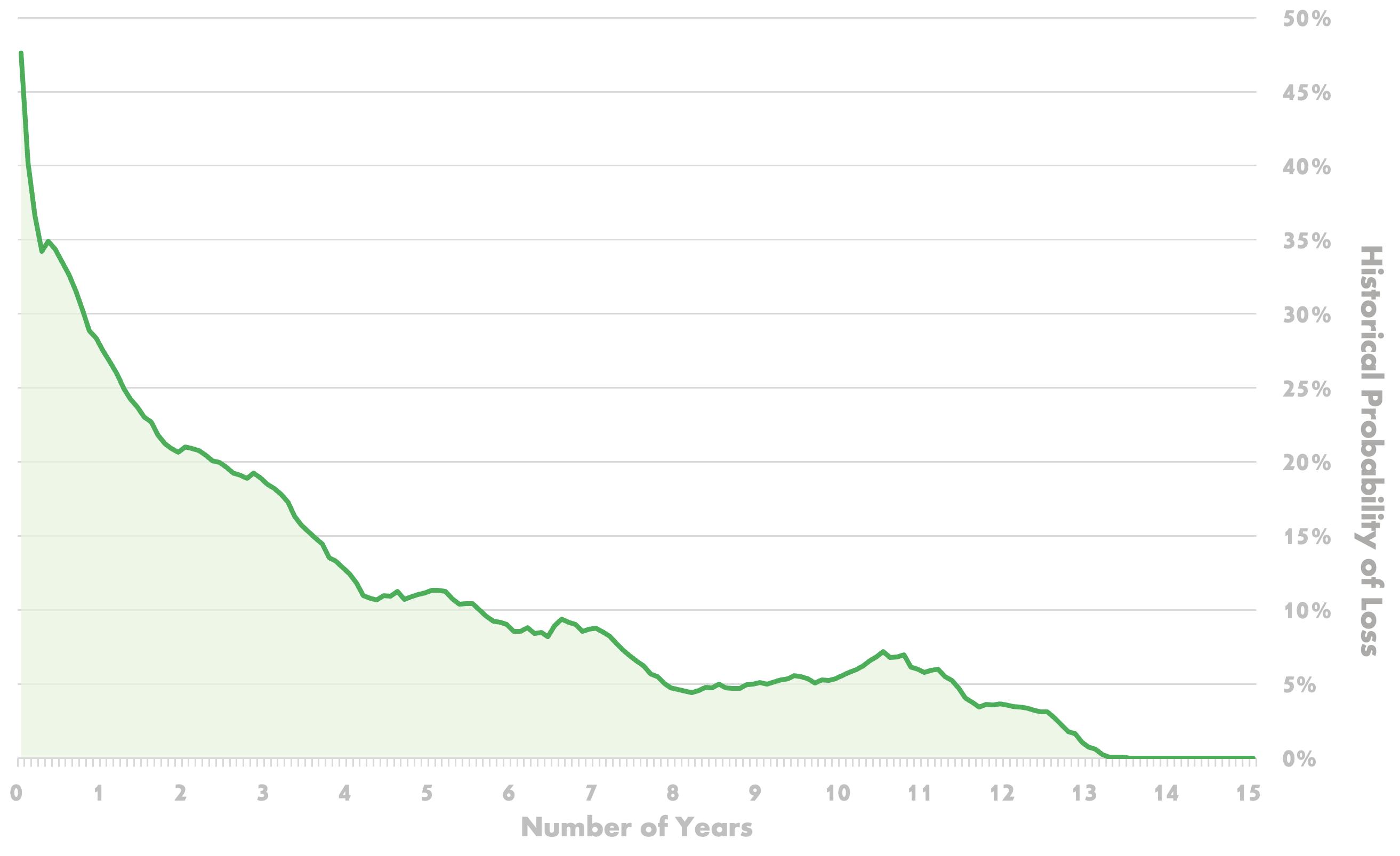
Markets have had a volatile year in 2023, but what does this mean for long-term investors? How can wealth managers like Nutmeg help guide client portfolios through more difficult times?
What is stock market volatility?
Volatility can be described as sharp and unpredictable changes in the value of investments, most notably equities and bonds, which can go both up and down. Market volatility can be measured throughout one day, week, year, or longer, depending on how closely you watch your investments.
As outlined in our recent blog, Investor Essentials: Volatility explained, markets can be turbulent due to economic factors; geopolitics, such as ongoing wars or energy security; and also as a result of any updates from listed businesses, which, depending on the nature of the announcement and the opinion of its investors, could move a business's share price up and down.
Why have markets been volatile in 2023?
In recent years, we've seen a sharp rise in inflation caused in part by economies returning back to full capacity following the Covid pandemic, with the rising of prices of everyday items impacting us all.
How well the world's major policymakers, such as the Bank of England and US Federal Reserve, tackle this inflation through interest rate changes has been a key concern for markets, and so a big cause of volatility. As central banks raise interest rates, it makes borrowing more expensive, and so it can cool business' and consumers' willingness to spend, slowing price rises. However, act too harshly and they risk harming economic growth.
Other causes of volatility have been the conflicts in Ukraine and the Middle East, which have both led to volatility in energy prices and overall more market uncertainty for global investors.
What's happened to bond markets?
Traditionally seen as a less risky asset class than equities, bonds - especially government debt - have traditionally been used to dampen volatility within diversified portfolios. However, in the past couple of years, bonds have experienced a particularly volatile time, impacted by rising inflation and the interest rate environment.
Bond markets often react negatively to rising inflation expectations. This is because as monetary policy is shifted to tackle higher inflation with higher interest rates, bond yields increase and so bond values fall as they are inversely related.
This has proven to be the case recently, and has come during the same period when equities too have been unsettled by the abrupt tightening cycle (the rising of interest rates). However, as we discussed in our recent blog, Why we welcome a return to negative equity-bond correlation, bond yields appear to be at or close to their peak, and so we think a more normalised negative correlation between bonds and equities should assert itself in the coming months.
Why should I invest for the longer term?
On a historical basis, the longer you invest for, the less likely you are to see losses. While no investments are ever guaranteed, a long-term investment of at least three years in a diversified portfolio, such as those offered by Nutmeg, offers the best chance of beating inflation and meeting your goals.
While we may have gone through some exceptional times in recent years, it's important to remember that market volatility always has been, and most likely always will be, very much a natural part of the investment journey. Indeed, very few investors have only seen a one-way upwards journey in their returns.
We appreciate that the first year of investing in particular can seem especially stressful, but that's because looking at a period of 12 months in isolation is more likely to show losses than in a longer timeframe.
If the risk level you have selected and the length of time you wish to invest for is still accurate, then you can allow yourself the comfort to know that you have already made sensible steps towards a longer-term financial goal. Those bad days, and indeed potentially negative months and years, can seem less significant if you focus on the long-term horizon.
As Chart 1 shows demonstrates, the longer you invest in equities, the less likely historically you are to see negative returns.
Chart 1: Historical probability of loss decreases by holding equity longer (1972 – 2023)

Source: Macrobond; MSCI World Equity Mid and MSCI Large Cap Total Return in GBP, 4 January 1972- 8 December 2023
How we help our investors through times of high market volatility
Once Nutmeg investors have selected the right product, risk level, and timeframe, it's up to our investment team to manage their portfolio through the ebbs and flows of the market. The team analyses both markets and the macro on a full-time basis. Changes are made to the allocation of the portfolios when and where appropriate.
It’s the role of this team to methodically look at market dynamics, economic data, government policy, and domestic and geopolitics to understand the likely direction of bond and equity markets.
Nutmeg has developed its own tools for this analysis. Every month, we update and critically analyse 300 pages of data, including proprietary charts covering major economic and trade regions, liquidity, and investment market factor frameworks.
We employ full-time risk professionals to understand the market exposures of each portfolio and how they correspond with team investment views. We have daily interactions between our seven investment managers (five named fund managers) over unfolding news and market developments. We constantly test and challenge our underlying views and pay for independent research to avoid ‘group-think’.
We think about where markets will be in the next six to 12 months, and don't get distracted by market noise. We certainly endeavour to smooth out our customers’ investment journey, but we don’t try to get rid of the volatility. That’s impossible.
Against this context, we look through the volatility to analyse whether our underlying investment thesis is holding. We take time out to investigate themes more deeply, to enhance our ability to interpret the medium-term outlook. If our view changes, we’ll change our fully managed portfolios. If we do nothing, that’s an active decision too. For our Fixed allocation portfolios, asset allocation is decided as part of an annual review.
The team regularly updates investors about their present thinking in blogs, as well as our monthly Investor update and View from the investment desk videos.
Investment strategies you can employ in volatile markets
While a wealth manager can help you to look after your money in the long term, there are still some good practices and behaviours that can put you in good stead for maximising your chances of a positive investment outcome.
We outline some of these in our blog on The six principles of investing everyone should know, which are equally relevant both during times of market stress and calm.
These include: understanding the trade-off between risk and return, knowing - as we've already outlined - the risk profile of equities and bonds; being diversified between these and other asset classes; remembering to rebalance regularly if you do manage your own portfolio; keeping costs in line; and staying invested for the long term.
Also important is to make use of your tax-efficient allowances in ISAs and pensions, and other products, which can in some instances offer government bonuses. Investing with tax efficiency in mind can make a big difference in your overall returns.
Consider financial advice
Choosing a trusted adviser to help with your financial planning can make a difference during volatile periods: with years of experience, they can guide you through the peaks and troughs, helping to keep your investment strategy on track.
If you'd just like some guidance, you can speak to us whenever you like, free of charge. We're here to help you make the decisions that are right for you, your circumstances, and your money. Book a call today.
To learn more about financial planning at Nutmeg, click here.
Risk warning
As with all investing, your capital is at risk. The value of your portfolio with Nutmeg can go down as well as up and you may get back less than you invest. Past performance is not a reliable indicator of future performance.
Tax treatment depends on your individual circumstances and may be subject to change in the future.
Nutmeg offers restricted financial advice, which means we can only advise on Nutmeg products and services.

